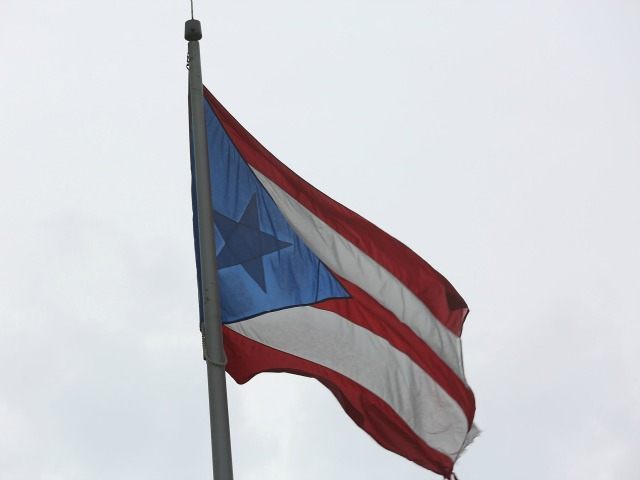The Obama administration has picked seven people to serve on a financial control board overseeing the restructuring of the Commonwealth of Puerto Rico’s $70 billion debt burden and $43 billion unfunded pension liability.
Under congressional legislation signed after the island territory defaulted on $2 billion of debt at the end of June, the White House named four Republicans and three Democrats from a list provided by a pool of recommendations from Republican Senate Majority leader Mitch McConnell, House Speaker Paul Ryan, Democratic Senator Minority Leader Harry Reid and House Minority Leader Nancy Pelosi. President Obama was assigned the right to choose his own board member.
The “Puerto Rico Oversight, Management, and Economic Stability Act,” known by the acronym “PROMESA” (“promise” in Spanish), the law did not provide any additional funds to Puerto Rico. The federally appointed Control Board will oversee the commonwealth’s budget and any debt reduction, which can now be enforced by a court, similar to the U.S. Chapter 9 municipal bankruptcy system used by Detroit, Stockton and San Bernardino.
Breitbart News had warned that the federal panel running Puerto Rico could serve as a dangerous precedent for “wayward debt-ridden state governments” on the mainland, who may wish to try off-loading their debt. Conservative House Republicans on the Natural Resources Committee revolted on April 14 in favor of bondholders over politicians by killing the vote, but the bill passed later after significant amendments to the board’s governing powers.
The law also placed an indefinite stay on lawsuits led by a group of what are called vulture capital hedge funds, including Monarch Alternative Capital, Whitebox Advisors, Davidson Kempner Capital Management and Stone Lion Capital Partners, which had bought about half of the debt at 30 percent of face value.
Breitbart News reported in early August that Puerto Rico’s first post-default pension audit revealed that the Puerto Rico Employees’ Retirement System and two smaller public pension plans only have about $1.8 billion in assets to pay $45 billion in pension liabilities. About one in 10 Puerto Ricans are either government public employees, retirees, or beneficiaries, according to the retirement system. But even more challenging, there are actually 120,169 retirees and beneficiaries, compared to just 118,780 public employees still working.
Rather than paying anything to the defaulted bondholders, Puerto Rico’s Governor Alejandro Garcia Padilla increased the island’s annual cash contribution to the pension plans in July to $747.3 million, up from about $400 million in 2015.
The Democrat nominees on the PROMESA panel include: Arthur Gonzalez, a senior fellow at New York University’s School of Law, and former Chief Judge of the U.S. Bankruptcy Court for the Southern District of New York; Jose Ramon Gonzalez, president and chief executive officer of the Federal Home Loan Bank of New York; and Ana Matosantos, who served as California’s budget director from 2009 to 2013.
The Republican nominees are: Carlos Garcia, former president of Puerto Rico’s Government Development Bank and founder and chief executive officer of BayBoston Managers LLC, a minority-owned private equity firm; Andrew Biggs, a resident scholar at the American Enterprise Institute; David Skeel, a University of Pennsylvania law professor; and Jose Carrion III, co-founder of Carrion, Laffitte & Casellas Inc.
Approximately 40 percent of Puerto Ricans are in poverty. A key reason that the economy has imploded is due to the Popular Democratic Party-controlled legislature making Spanish the official language for all schools and government use in 1991. Governor Padilla also has trouble speaking English.
As a result, 86 percent of the island does not speak English in the home. Poor language skills have prevented relocating call-centers and other U.S. service businesses looking for minimum wage labor from locating operations in Puerto Rico. Partly as a result, almost a third of Puerto Rico’s residents are on welfare.

COMMENTS
Please let us know if you're having issues with commenting.